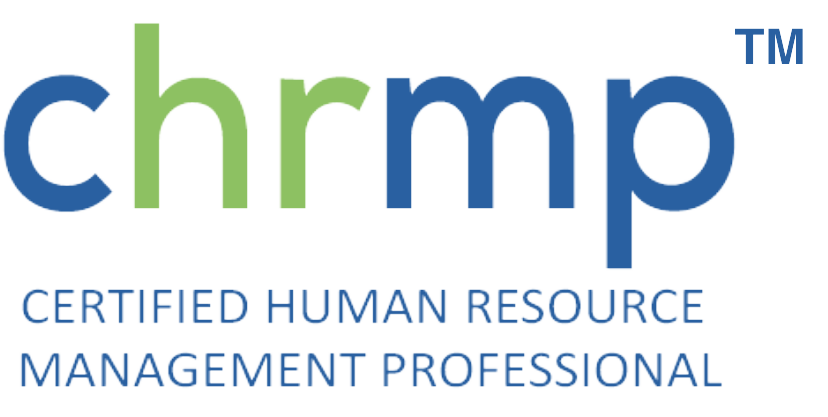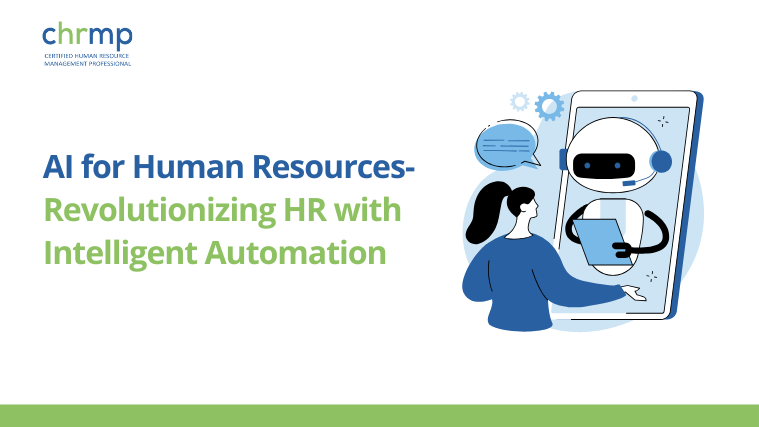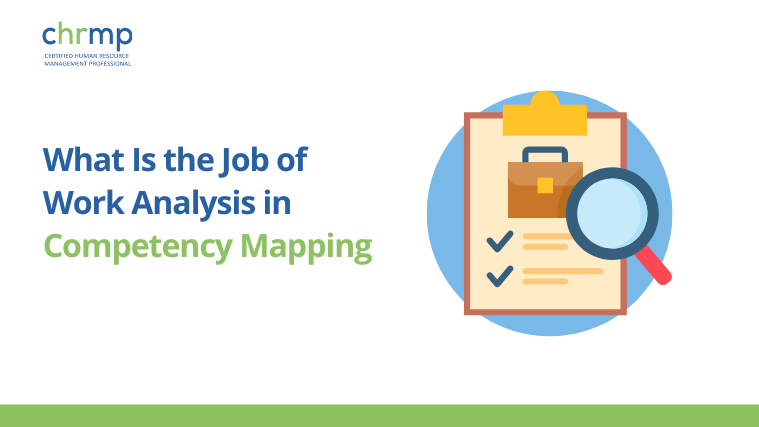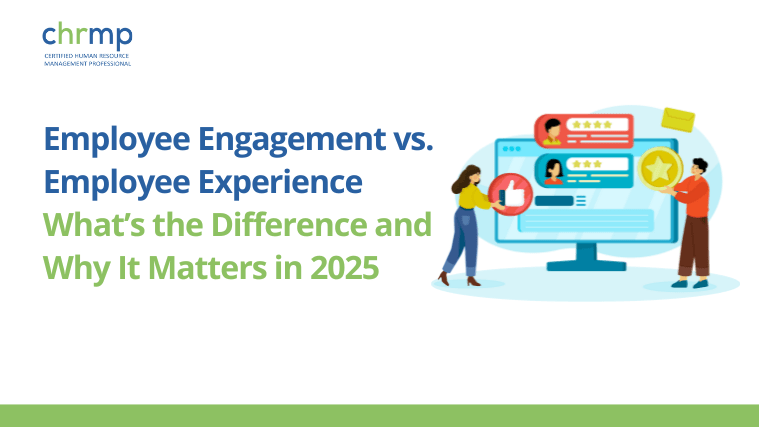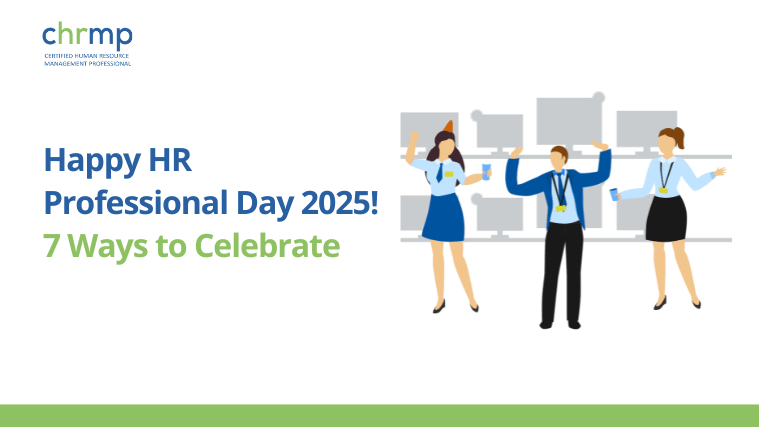Are you ready to transform your HR department with the power of AI for Human Resources? As the workplace evolves, so does the technology that supports it. AI is no longer just a futuristic concept; it’s a present-day reality that is revolutionizing Human Resources (HR) through intelligent automation.
But how exactly is AI reshaping HR, and what benefits does it bring to the table?
What is AI?
Artificial Intelligence, commonly referred to as AI, involves the simulation of human intelligence in machines that are programmed to think and learn. These machines can perform tasks that typically require human intelligence, such as decision-making, speech recognition, visual perception, and language translation. AI technologies include machine learning, where systems can learn and improve from experience, and natural language processing, which allows machines to understand and respond to human language.
AI in Human Resources (HR) refers to the application of AI technologies such as machine learning, natural language processing, and predictive analytics to streamline and enhance HR functions. The journey of AI in HR began with basic automation and has evolved into sophisticated tools that can perform complex tasks, reducing manual effort and improving decision-making processes.
The Role of AI in Human Resource Management
Artificial intelligence (AI) and intelligent automation have transformed various industries, and Human Resources (HR) is no exception.
AI for human resources encompasses a variety of applications, from recruitment to employee engagement and performance management. One of the most significant roles of AI in HR is to automate routine tasks, allowing HR professionals to focus on more strategic initiatives. This use of AI in HR not only streamlines operations but also enhances decision-making processes.
For instance, AI-driven recruitment tools can analyze thousands of resumes in a fraction of the time it would take a human, identifying the best candidates based on specific criteria. This application of AI in HR can significantly reduce the time-to-hire and improve the quality of new hires.
Benefits of AI in HR
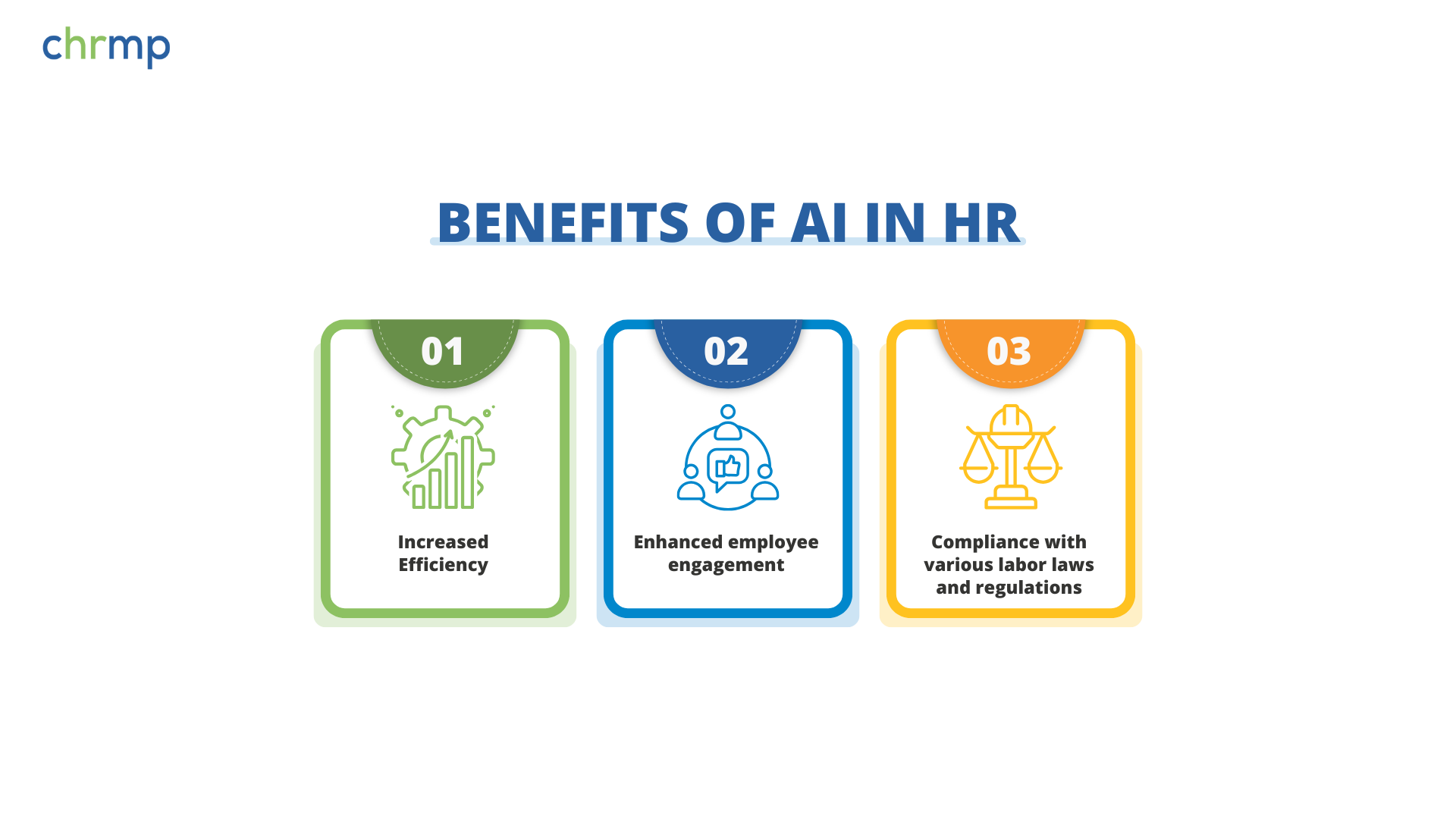
- Increased Efficiency
- Enhanced employee engagement
- Compliance with various labor laws and regulations
The benefits of AI in HR are manifold, significantly transforming various aspects of human resource management.
One of the primary advantages is increased efficiency. AI systems can handle large volumes of data with ease, providing HR professionals with valuable insights that inform decision-making. For example, HR analytics powered by AI can help identify patterns in employee behavior, predict turnover, and suggest interventions to improve retention.
Another key benefit of AI in human resources is enhanced employee engagement. AI tools can provide personalized learning and development recommendations, helping employees grow in their careers and stay motivated. Additionally, AI-powered chatbots can handle employee queries around the clock, providing instant support and freeing up HR teams to focus on more complex issues.
Furthermore, AI can play a crucial role in ensuring compliance with various labor laws and regulations. AI-powered compliance management systems can automatically monitor and update policies to align with changing regulations, reducing the risk of non-compliance. These systems can also track employee training and certification requirements, sending reminders and generating reports to ensure that all employees are up-to-date with mandatory training, thus minimizing legal risks and promoting a culture of continuous learning.
AI in Recruitment and Talent Acquisition
Recruitment is one area where the impact of AI in HR is most evident. AI-driven tools can automate the initial screening process, assess candidates through AI-based interview platforms, and even predict a candidate’s fit within the company culture. These innovations not only speed up the recruitment process but also enhance the quality of hires.
For example, Unilever, a global consumer goods company, uses AI in their recruitment process. They employ AI-powered algorithms to screen resumes and conduct initial video interviews. The AI assesses candidates’ responses, facial expressions, and other factors to determine their suitability for the role. This approach has significantly reduced the time-to-hire from four months to just four weeks and has minimized unconscious bias in candidate selection.
AI in Performance Management
Performance management is another critical area where AI is making significant strides. AI systems can continuously monitor employee performance, providing real-time feedback and identifying areas for improvement. This continuous feedback loop helps employees stay on track and develop their skills more effectively.
Moreover, AI can identify high-performing employees who may be suitable for leadership roles, facilitating better succession planning. For instance, IBM utilizes its Watson Talent suite, which employs AI for applicant screening and predictive analytics. This system helps identify patterns in employee behavior, allowing HR to proactively address potential resignations and focus on strategic tasks rather than administrative duties.
Enhancing Workplace Diversity with AI
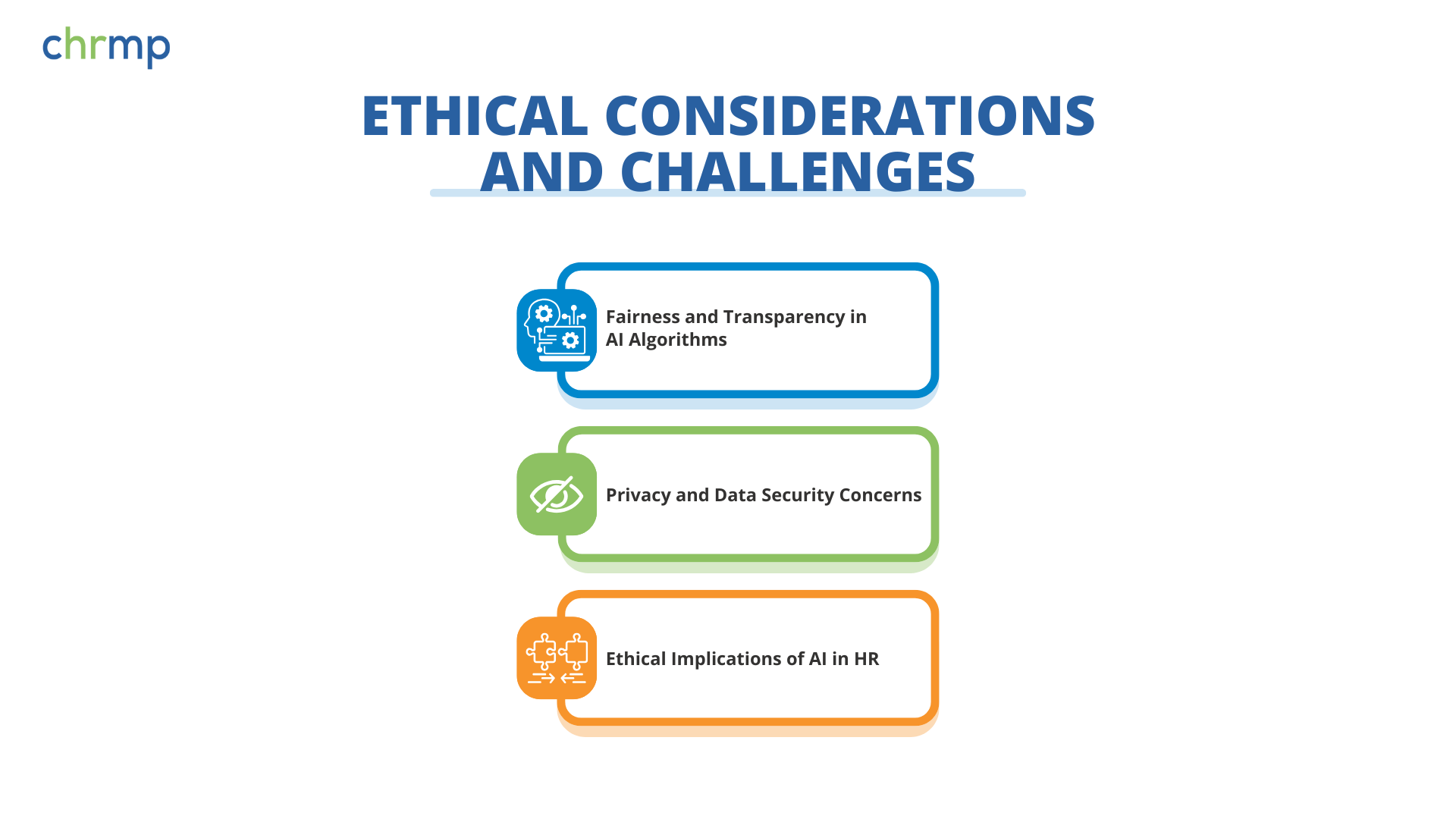
AI can also play a crucial role in promoting workplace diversity. Traditional recruitment processes can be biased, whether consciously or unconsciously. AI-driven recruitment tools, on the other hand, can be programmed to ignore factors such as gender, age, and ethnicity, focusing solely on candidates’ skills and experience. This approach can help build a more diverse and inclusive workforce.
A notable example is the global consulting firm Accenture that uses AI to eliminate bias in its hiring process. Its AI tool, called the ‘Accenture Recruitment Tool,’ identifies and mitigates unconscious bias in job descriptions and interviews.
Improving Employee Experience with AI
AI-based tools offer continuous feedback and recognition, personalizing the employee journey through data-driven insights. AI also supports employee wellness programs, providing mental health resources and promoting a healthy work-life balance.
For example, Care.com uses an AI chatbot named MeBeBot, which answers employee questions about HR policies and procedures, thereby offering a seamless employee experience.
Learning and Development with AI
Personalized learning experiences and adaptive learning technologies are made possible with AI. AI-driven content creation and recommendation engines tailor training programs to individual needs. Additionally, Virtual Reality (VR) and Augmented Reality (AR) technologies enhance employee training by offering immersive learning experiences.
Docebo is recognized for its AI-powered Learning Management System (LMS) that facilitates personalized learning experiences. The platform uses AI to recommend courses based on individual learning needs and historical performance, making it easier for organizations to deliver tailored training programs.
HR Analytics and Decision-Making
Predictive analytics are invaluable for workforce planning and talent management. Data-driven decision-making allows HR professionals to make strategic insights, while AI monitors employee sentiment and workplace culture, providing a deeper understanding of organizational dynamics.
Panasonic, for instance, employs AI in its HR processes to analyze employee data and automate routine tasks. This integration has streamlined operations and improved the accuracy of HR functions, such as payroll and performance management.
Ethical Considerations and Challenges
- Fairness and Transparency in AI Algorithms
- Privacy and Data Security Concerns
- Ethical Implications of AI in HR
While AI offers numerous benefits, it also presents ethical challenges as explained below. Navigating the ethical implications of AI in HR requires a balanced approach to leverage its advantages while safeguarding human values.
Ensuring Fairness and Transparency in AI Algorithms
One of the significant ethical challenges of AI in HR is ensuring that the algorithms used are fair and transparent. Biases can unintentionally creep into AI systems through the data used to train them. For instance, if historical hiring data is biased towards a particular demographic, the AI system might learn and perpetuate these biases, leading to discriminatory hiring practices.
Addressing Privacy and Data Security Concerns
AI systems in HR handle vast amounts of sensitive employee data, including personal details, performance metrics, and health information. Protecting this data from breaches and unauthorized access is paramount. Companies must implement robust data security measures and ensure compliance with data protection regulations such as the General Data Protection Regulation (GDPR).
Navigating the Ethical Implications of AI in HR
The use of AI in HR also raises broader ethical questions, such as the potential for AI to replace human judgment and the impact on employment. While AI can enhance efficiency and decision-making, it is essential to maintain a human touch in HR processes to ensure empathy and understanding.
The Future of AI in HR
The future of AI in human resource management looks promising. As AI technology continues to evolve, its applications in HR will become even more sophisticated. From predictive analytics to personalized employee development plans, the possibilities are endless. However, it’s essential to approach AI in HR with caution. While AI can provide valuable insights and automate tasks, it’s crucial to ensure that these systems are transparent and unbiased. HR professionals must work closely with data scientists to develop AI systems that are fair, ethical, and aligned with the organization’s values.
Conclusion
AI for human resources is revolutionizing the HR landscape. By automating routine tasks, enhancing decision-making, and promoting workplace diversity, AI is helping HR professionals focus on what matters most: their people. As more companies adopt AI in HR, the future of work looks brighter, more efficient, and more inclusive. Are you ready to embrace AI in your HR department? Start by exploring the CHRMP GENAI Certification for HR Professionals.
The benefits of artificial intelligence in human resources are clear, and the time to act is now!
